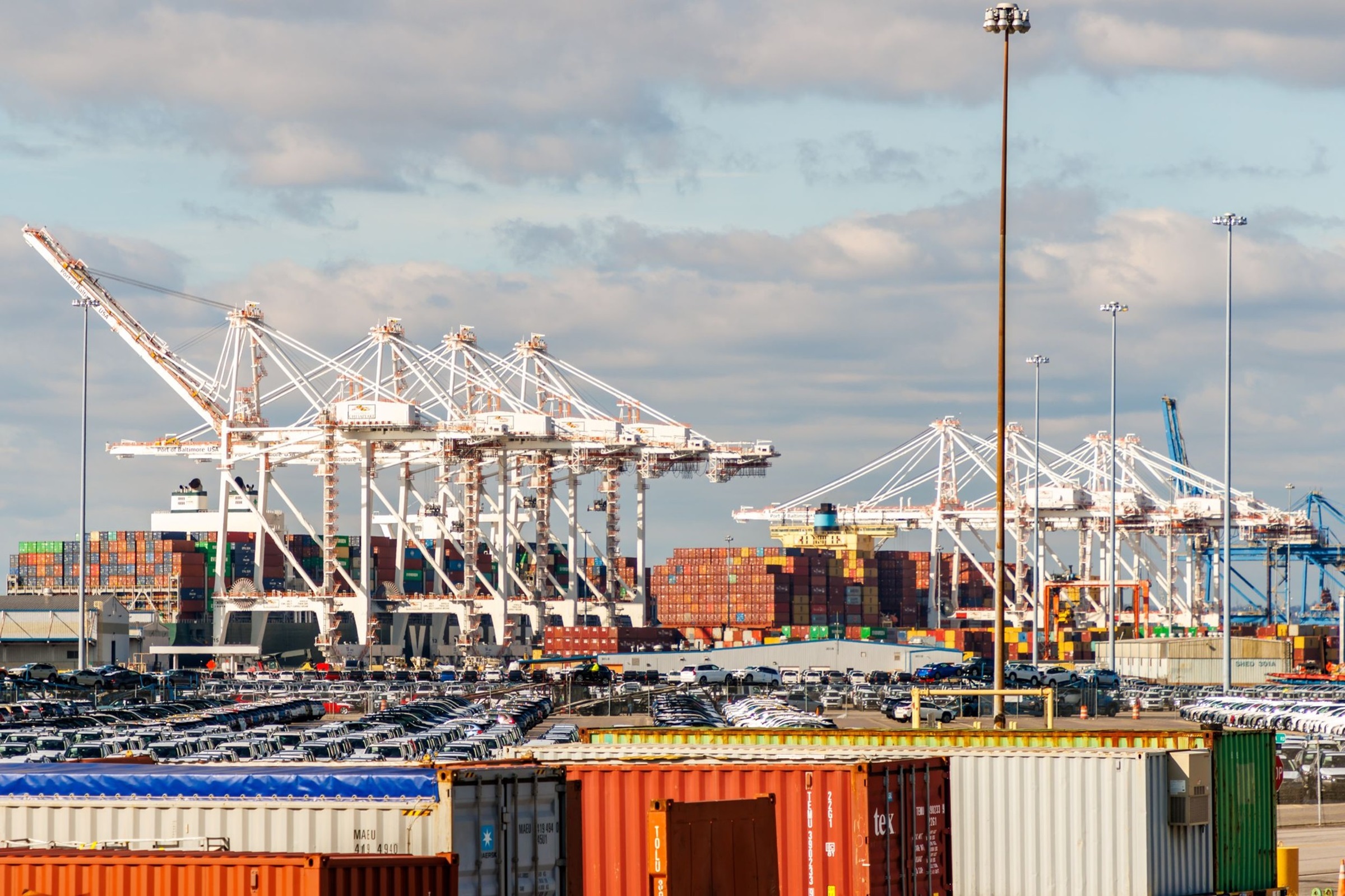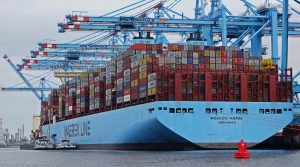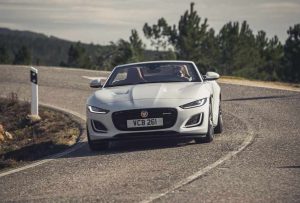The Francis Scott Key bridge collapse is creating ripple effects that are expected to impact multiple sectors of the automotive industry.
The early morning collapse of the Francis Scott Key Bridge in the Port of Baltimore is sending ripple effects through multiple sectors of the U.S. economy. That includes the auto industry with multiple sectors having the potential to being adversely affected by the bridge collapse.
Francis Scott Key bridge collapsed after being hit by ship
The Francis Scott Key bridge collapsed earlier this morning after it was struck by a container ship. A report by Reuters says that the Dali reported a loss of power prior to the accident which saw nearly the entire bridge collapse into the Patapsco River after the vessel slammed into it. Reuters also stated that the crew of the ship was able to send out a mayday call and drop anchor before the Dali hit the bridge which allowed officials to stop bridge traffic and save lives in the process though several vehicles were still on the bridge when it collapsed with first responders pulling two survivors out of the water shortly after.
Supply chain for many automakers impacted
The Port of Baltimore is a key supply hub for the auto industry with many automotive brands using the port to unload new vehicles and parts. The Maryland Port Authority closed shipping traffic in and out of the port until further notice but Port Authority representatives did note that the Port of Baltimore itself is still processing trucks that were already in the terminals prior to the disaster.
While this development will lessen the short-term impact, the closure of the waterway will create long-lasting challenges. A large amount of cars and light trucks that enter and leave the U.S. pass through the port and with reports stating that the waterway could be closed for up to three months for cleanup operations, supply chains will be heavily strained.
That will be especially true for European automakers like Jaguar, Volkswagen, and Mercedes-Benz which use the Port of Baltimore to not only ship in new vehicles but also parts and components needed for vehicle repairs and collision work. This disruption will affect how long it takes those vehicles or parts to make it to their destinations and it could force dealerships to work with a tight inventory pool while certain parts needed for repairs might be harder to find creating national back orders for service technicians.
More Automotive News
- Genesis Goes to Extremes with New GV60 Magma Performance SUV and Neolun Flagship Concept
- Fisker Talks with Nissan Collapse; Bankruptcy Looms Larger
- Nissan Reveals Product Planning Arc Between Biz Plans
Companies will need to use alternate ports
The port of Baltimore is the ninth largest port in the United States but it’s also the top port for automotive imports and exports with the busy shipping hub processing 847,158 cars and light trucks in 2023.
The closure of the port to shipping traffic will force cargo ships to bring these vehicles to other ports with rumors stating that automotive traffic could be diverted to the Port of Philadelphia and Wilmington port but neither the Port Authority nor any other governing body has released official comment on that report.
In the meantime, automakers are beginning to adjust their shipping plans with Ford and General Motors both confirming that they are working on rerouting shipments of parts and vehicles to other ports while Volkswagen revealed that its operations will not be affected due to the location of their facilities.









0 Comments